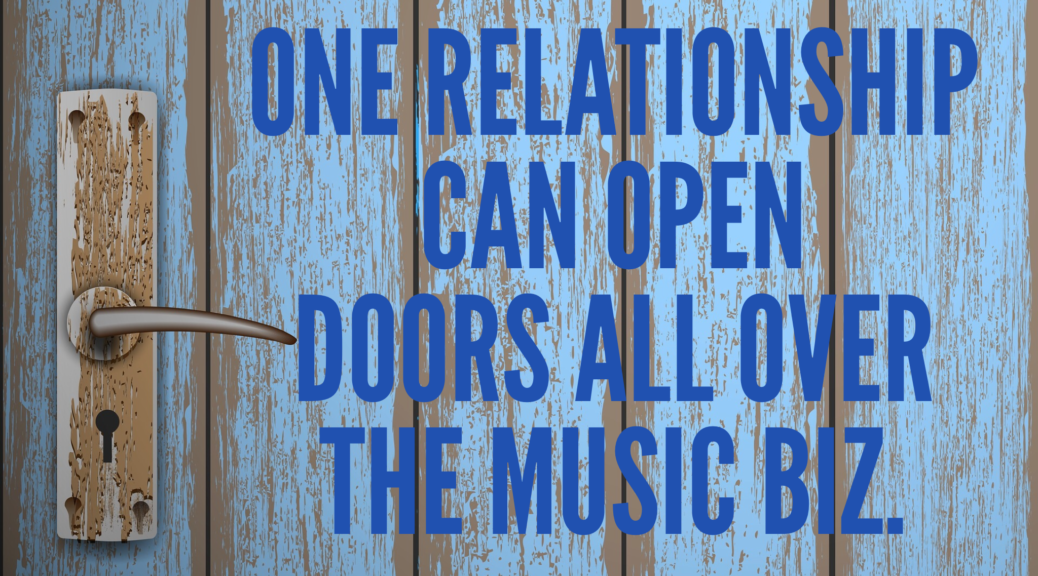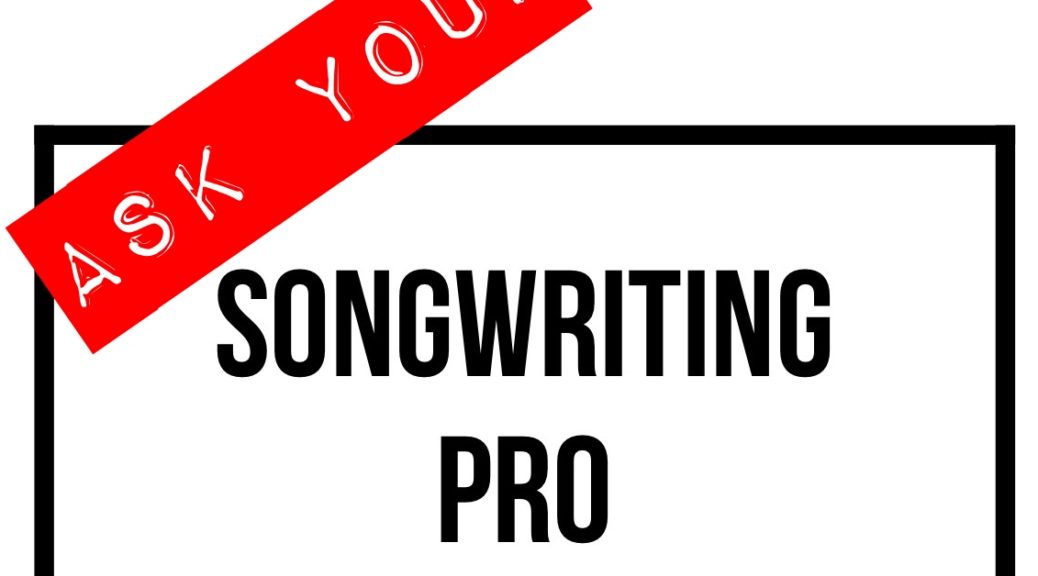
If you CONFUSE the listener, you LOSE the listener. And the scary thing is… your songs might be confusing and losing your listeners without you even knowing it.
____________________
To BE a pro, you need to THINK like a pro, and this FREE ebook will help transform your thinking, your songwriting, and your success. Get it today!
_________________________________
First off, does it really matter if the listener gets a little lost and confused by your song? If it’s hooky and has some cool lines, isn’t that enough?
NO.
If you’re a successful signed artist or writing with that artist, you might have more wiggle room. Or if you’re an artist in a different genre. But if – especially if – you’re a country songwriter, you need to communicate CLEARLY in your songs. I’ve had an A&R rep turn off songs and “pass” because they “got a little confused in the 1st verse.” Getting a song on an album is hugely competitive. And having your song be a “little confusing” may be just enough reason for the artist or label to turn down your song.
Don’t give the artist or label a reason to turn down your song.

Also, if the song somehow makes it through the gatekeepers and hits the listeners’ ears, it’s not going to be as successful as it could’ve been. It won’t connect with listeners’ emotions as deeply as it should. If I have to decode what’s going on in your song or ask myself what just happened or what you’re singing about, I end up “in my head.” But that’s not where my emotions are. You want the listener to be “in the heart” NOT “in the head.”

So why would you write, record and pitch a confusing song? Well, that’s the scary thing. You might not even know your song is confusing. You might listen to it and it makes perfect sense- to you. You read the lyrics, and they make perfect sense- to you. But your listener may cock their head to the side and say, “huh?” If that’s the case, your songs may suffer from…
The Curse Of Knowledge
This is when you know what happens in the story, or you know what the song is about, but that knowledge doesn’t end up on the page. Since you know all the details, you can fill in any lyrical blanks in your own mind. But your listener can’t.
The listener only knows what you actually write into the song.
The curse of knowledge is kind of like making your listener listen to one half of a phone call. You know the whole conversation but the listener doesn’t. They’re just confused and frustrated, waiting for you to hang up so you can tell them why you were so excited, sad or whatever.
Basically, you’re leaving out vital pieces of information that your listener needs in order to connect with and understand your song.
So how do you overcome the curse of knowledge in your songwriting?
Sometimes it helps to put the song away for a while before coming back to it with fresh eyes and ears. Practice helps. Write more and more songs and keep asking yourself, “Is all the necessary information ON THE PAGE?”
But it can still be tricky to catch the curse of knowledge. Even playing it for friends and family may not be good enough. Maybe, since they know you, they’ll know what you’re talking about. Or they’ll understand the basic point of your song without pointing out the “small confusions” which are “cut-killers” on a professional level.
Sometimes you need to play your songs for a professional.
And if you’re ready to take a shot- to play your song for a pro, I have a cool opportunity coming up for you. I’m hosting Songwriting Pro’s Play For A Publisher event in September. Our guest will be Dan Hodges, who publishes hits such as “Good Directions” for Billy Currington and “Dibs” for Kelsea Ballerini.
CLICK HERE to learn more and submit your song.
Dan Hodges will be joining us for our next Play For A Publisher event in September! He’s a successful publisher and owner of Dan Hodges Music in Nashville, Tennessee. Tickets are on sale now, and space is limited. CLICK HERE to check out all the details and submit YOUR song for Dan!
God Bless and Enjoy the Journey,
Brent
Brent Baxter is a hit songwriter with cuts by Alan Jackson, Randy Travis, Lady Antebellum, Joe Nichols, Gord Bamford, Ruthie Collins, Ray Stevens, and more. He’s written a top 5 hit in the US and a #1 in Canada… so far. 















